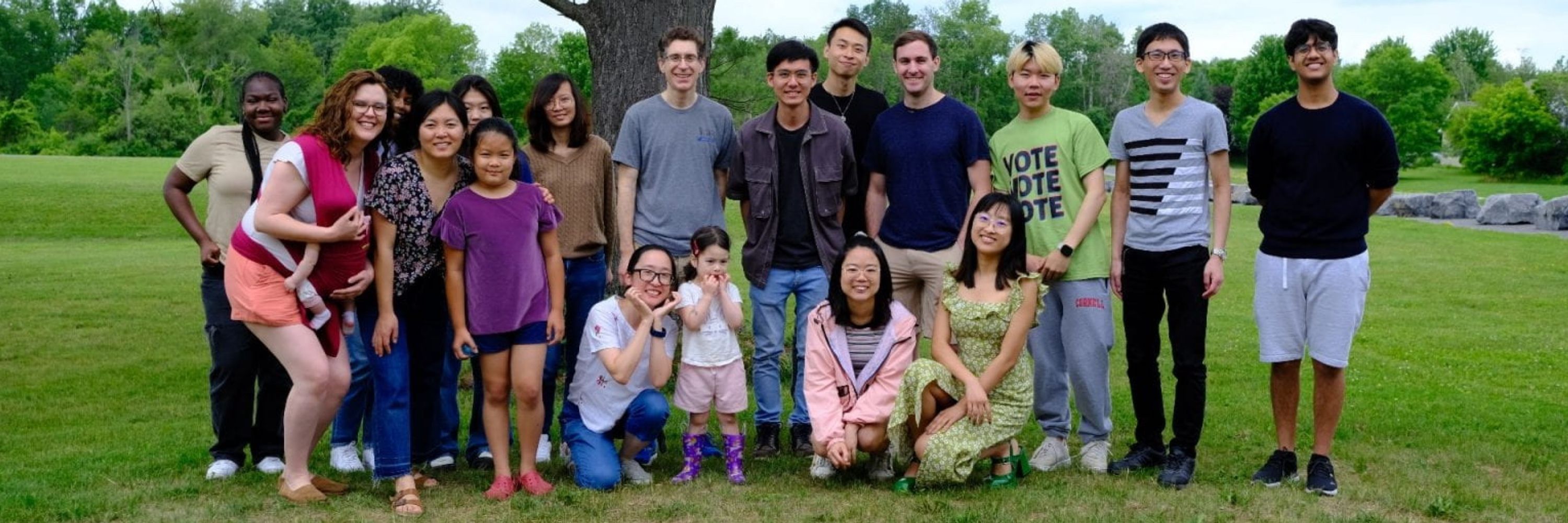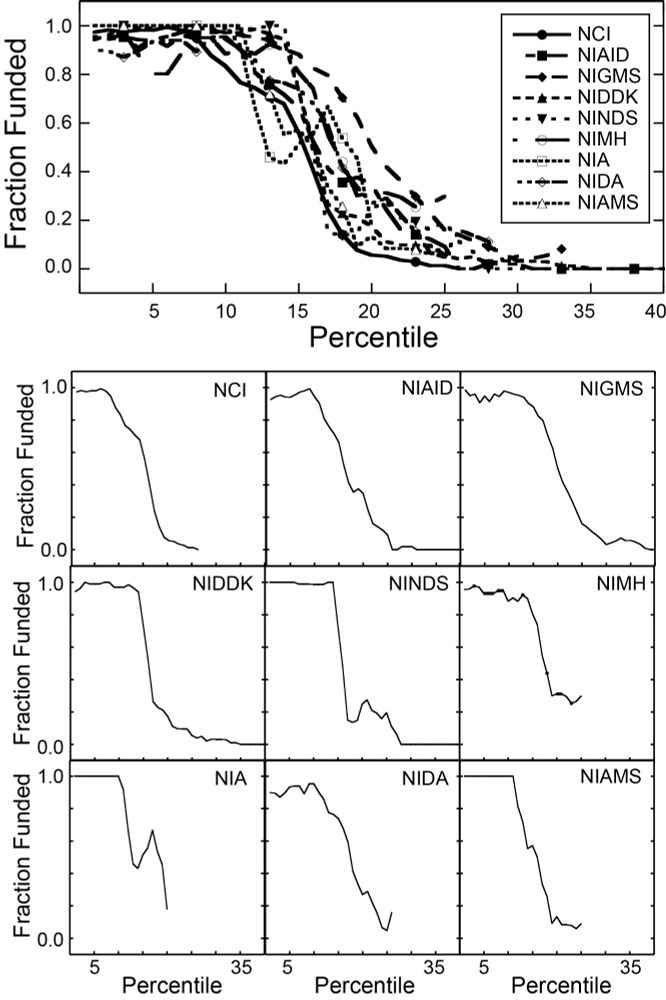









Our study on "Profiling the proteome-wide selectivity of diverse electrophiles" is published in Nature Chemistry.(1/7)
www.nature.com/articles/s41...

www.nature.com/articles/s41...

www.nature.com/articles/s41...

www.nature.com/articles/s41...
In the early 1980s, a chemical physicist submitted a proposal to NIH that was assigned to NIGMS.
It received a fairly poor score (~60th percentile).
7/13
In the early 1980s, a chemical physicist submitted a proposal to NIH that was assigned to NIGMS.
It received a fairly poor score (~60th percentile).
7/13
DeGrado, Arikin, Picotti (Keynotes). @lmkdassama.bsky.social @brianliau.bsky.social @rhodamine110.bsky.social @benlehner.bsky.social @alitavassoli.bsky.social
www.embl.org/about/info/c...

DeGrado, Arikin, Picotti (Keynotes). @lmkdassama.bsky.social @brianliau.bsky.social @rhodamine110.bsky.social @benlehner.bsky.social @alitavassoli.bsky.social
www.embl.org/about/info/c...





I met Jim Watson a few times but did not know him well. However, I was greatly influenced by his book “The Double Helix”. He was a complicated human being with some very, very bad features, but some good contributions.
What follows is my personal perspective.
1/41

I met Jim Watson a few times but did not know him well. However, I was greatly influenced by his book “The Double Helix”. He was a complicated human being with some very, very bad features, but some good contributions.
What follows is my personal perspective.
1/41


Our study on "Profiling the proteome-wide selectivity of diverse electrophiles" is published in Nature Chemistry.(1/7)
www.nature.com/articles/s41...

www.nature.com/articles/s41...

www.nature.com/articles/s41...
Send us your fat papers, phat papers, and even phatty acid papers. While the special issue is not saturated, it's filling up fast, and won't be unsaturated forever!
Phase separate with us and build community!

Send us your fat papers, phat papers, and even phatty acid papers. While the special issue is not saturated, it's filling up fast, and won't be unsaturated forever!
Phase separate with us and build community!




